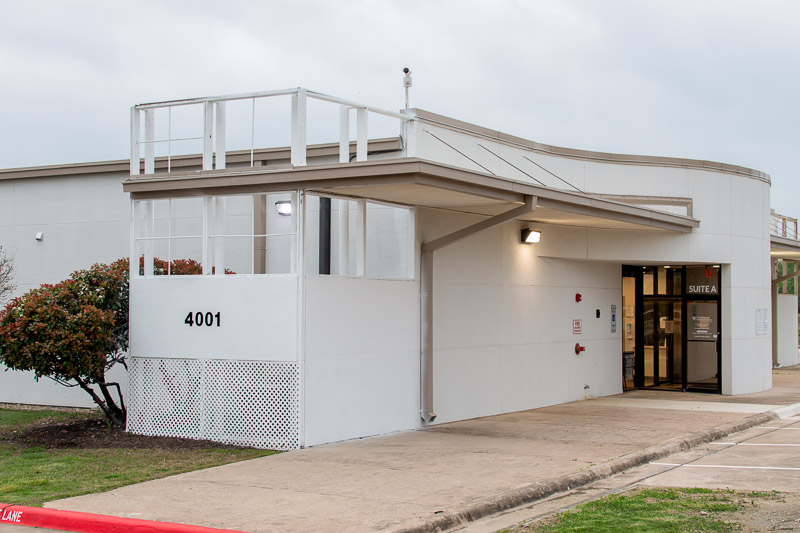About
At Hunt Regional Healthcare, we offer a comprehensive range of outpatient behavioral health services to help individuals address mental health concerns and achieve optimal wellness. Our team is committed to providing compassionate, confidential, and effective care to help our patients and their families achieve the best possible outcomes.
Services
Outpatient Behavioral Health
Our Outpatient Behavioral Health program provides individualized treatment for older adults in Northeast Texas who are struggling with mental health issues related to physical decline, loss of independence, safety concerns, and multiple losses.
Mental Health Support
Mental health support groups provide hope and understanding for those who have experienced or are experiencing similar challenges. Talking with people who understand your situation is comforting and educational, helping you prepare for the future. To find a support group near you, see the organizations listed below.
Talking openly about your condition with someone you trust – whether that person is a family member, close friend, therapist, or mentor – is an effective coping mechanism. Although it may be uncomfortable initially, finding someone to confide in without being judged or criticized will help you through the ups and downs. This person is someone who respects you, understands you, and supports you even when you make mistakes. Interacting with someone you trust can help you talk about your mental illness more openly.
After a mental illness diagnosis, research your disorder to better understand and manage it outside of treatment. This knowledge can also aid treatment by facilitating communication with your doctor and improving decision-making. Ask your doctor questions and be open about your feelings to receive the best care possible.
Now that you’re aware of all of your support options and resources, it’s time to reach out. Here are a couple of additional things to consider:
- If you’re having suicidal thoughts, contact the National Suicide Prevention Lifeline right away at 1-800-273-8255 or call 911 immediately.
- If you’re experiencing mild to moderate symptoms and don’t need to seek help immediately, contact your primary care physician as soon as possible for an appointment.
Frequently Asked Questions
Millions of Americans are affected by mental illness. According to the National Alliance on Mental Illness (NAMI), 1 in 5 adults in America experience mental illness each year, and 1 in 5 children ages 13–18 have, or will develop a serious mental illness.
There are many different types of mental illness, but some of the most common types are depression, anxiety, behavioral disorders and eating disorders.
Some common signs and symptoms of mental illness include:
- Depression
- Anxiety
- Suicidal thoughts or actions
- Homicidal thoughts
- Anger or irritability
- Posing a threat to others
- Loneliness, isolation or withdrawal
- Feelings of helplessness or despair
- Inability to cope with grief or loss
- Aggressive behavior
- Tearfulness or crying spells
- Confusion
- Loss of appetite
- Difficulty sleeping
- It is also important to keep in mind that these indicators may vary depending on the illness, age of the affected individual, and/or other environmental conditions.
If you think you or a loved one is living with a mental illness, you should contact your primary care physician as soon as possible for an official diagnosis.
While there’s no way to prevent mental illness completely, seeking treatment early on can help you manage and/or recover from a disorder. Being able to recognize the warning signs of mental illness is the first step in the recovery process.
Refer a Patient
Our Outpatient Behavioral Health program accepts referrals from physicians, healthcare professionals, human service agencies, clergy, and concerned family members or friends. Call 903.453.2873 to schedule a clinical evaluation.
Locations
Hunt Regional Behavioral Health Transitional Care Clinic


